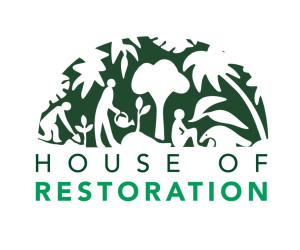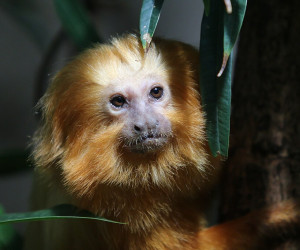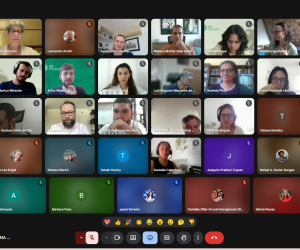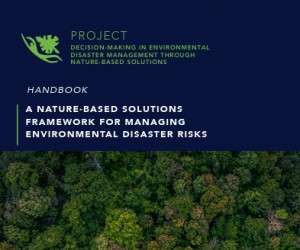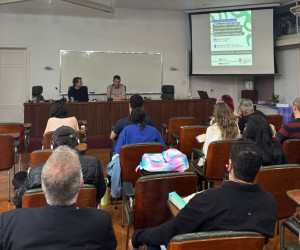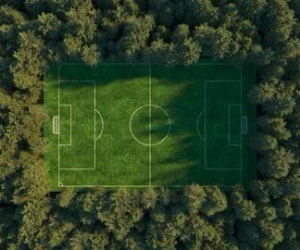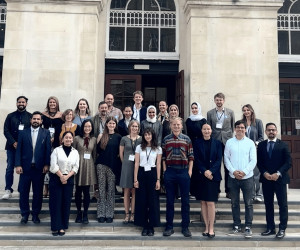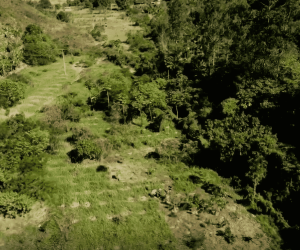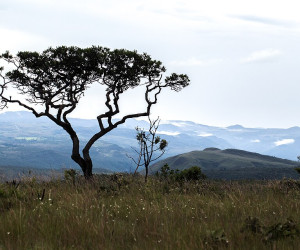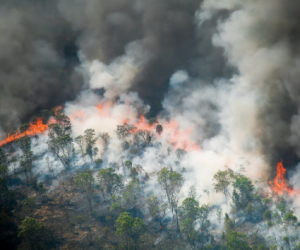The Future of Brazilian Soils: Frontiers for Sustainable Food Production
The project “The Future of Brazilian Soils: frontiers for sustainable food production aligned with climate change mitigation” aims to contribute to the sustainable management of soils in Brazil, with a focus on the Atlantic Forest biome. The project is structured around four specific objectives:
To identify and critically assess the available knowledge on the cost-benefit of soil carbon sequestration strategies in areas of forest restoration and recovering lands;
To monitor and analyse soil carbon sequestration in the field in forest restoration and recovering areas;
To conduct a cost-benefit analysis of the application of biochar in pre-selected areas;
To propose awareness-raising actions, dissemination of scientific knowledge, and environmental education activities for young people through active engagement.
One of the studies resulting from the partnership is “Ecological Restoration Chronosequence in the Atlantic Forest: effects on soil carbon”. The aim of this study is to understand how carbon retention occurs over time and at different soil depths, contributing to sustainable practices and climate change mitigation.
The research analysed areas at different stages of ecological restoration—1, 3, 5, 10, 20 and over 50 years—using an abandoned pasture area (0 years) as a baseline. It assessed how carbon is stored across different depths and restoration ages, investigating the interactions between soil carbon stocks and origins through isotopic analyses (δ13C) according to restoration time.
The Cordeiros Farm, located in Silva Jardim in the state of Rio de Janeiro, was selected due to its variety of land uses and detailed historical records, ensuring reliability in the chronosequence (comparative analysis across the selected restoration areas). The site also includes agroforestry systems of various ages, organic production systems, restoration areas, and rural tourism activities.
The project is a partnership with the Department of Geography at PUC-Rio, the Federal Rural University of Rio de Janeiro (UFRRJ), FAPERJ, CNPq, and Cordeiros Farm. It seeks to engage not only rural landowners but also local communities, promoting the dissemination of research findings and encouraging the adoption of science-based environmental restoration practices.

